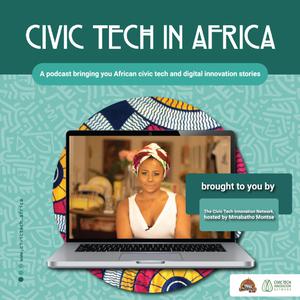The Civic Tech Innovation Forum is an annual gathering that brings together the Civic Tech community in Africa. The forum provides a space for collaboration, learning, and networking among practitioners in the field. The key takeaways from previous gatherings include the importance of call to action, addressing sustainability challenges, and building connections across the continent. This year's theme, 'Under the Hood,' aims to explore the underlying aspects of technology, community, and self within the Civic Tech space. The conference will feature speakers, workshops, exhibitions, and entertainment. The event is open to a diverse range of participants, including civic tech professionals, tech enthusiasts, community leaders, policymakers, and students. The conference is free to attend, but there is an option for paid registration to support the sustainability of the event. The conference will be held from October 28th to October 31st at Timo Lohong in Bramfontein.
Keywords
Civic Tech Innovation Forum, annual gathering, collaboration, learning, networking, call to action, sustainability, connections, Africa, #UnderTheHood, technology, community, self, speakers, workshops, exhibitions, entertainment, diverse participants, free attendance
Takeaways
- The Civic Tech Innovation Forum is an annual gathering that brings together the Civic Tech community in Africa.
- The forum provides a space for collaboration, learning, and networking among practitioners in the field.
- Key takeaways from previous gatherings include the importance of call to action, addressing sustainability challenges, and building connections across the continent.
- This year's theme, 'Under the Hood,' explores the underlying aspects of technology, community, and self within the Civic Tech space.
- The conference is open to a diverse range of participants, including civic tech professionals, tech enthusiasts, community leaders, policymakers, and students.
- The conference is free to attend, but there is an option for paid registration to support the sustainability of the event.
- The conference will be held from October 28th to October 31st at Timo Lohong in Bramfontein.
Register for the Civic Tech Innovation Forum